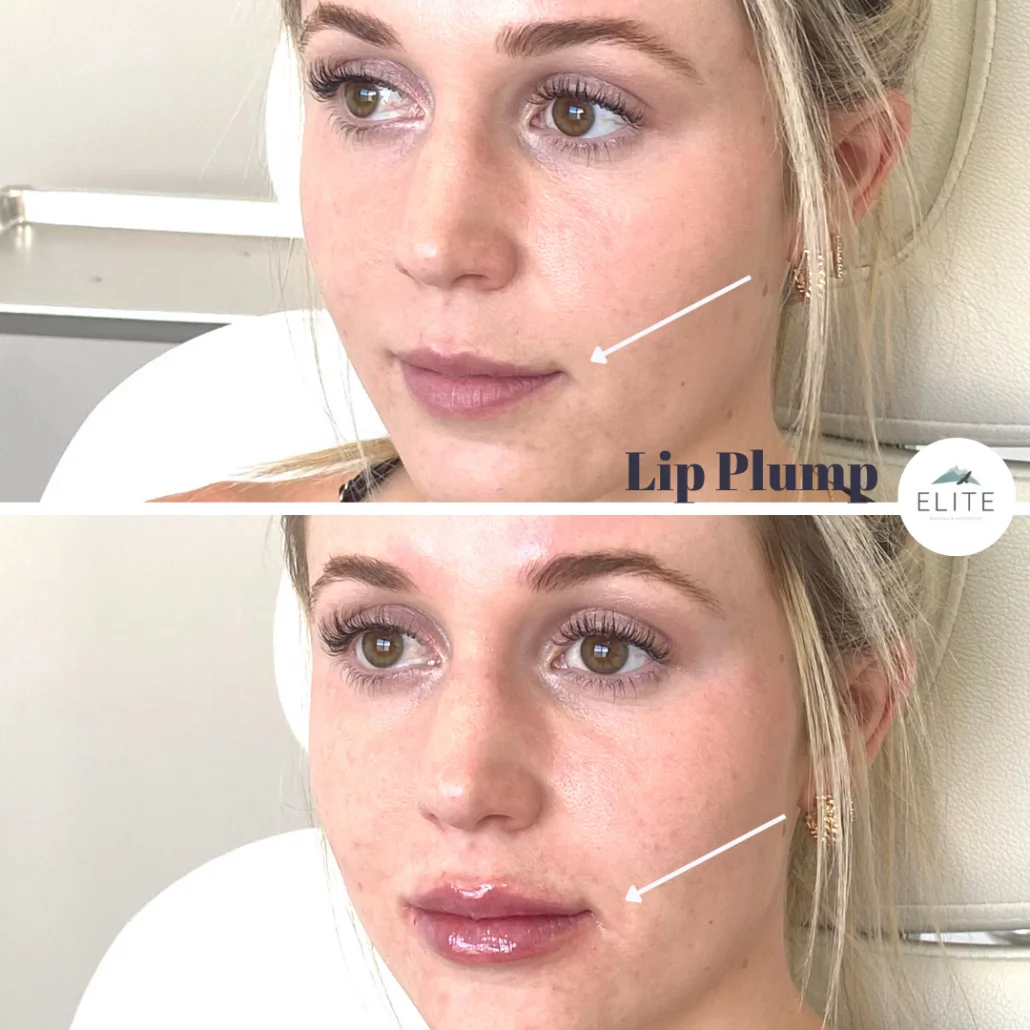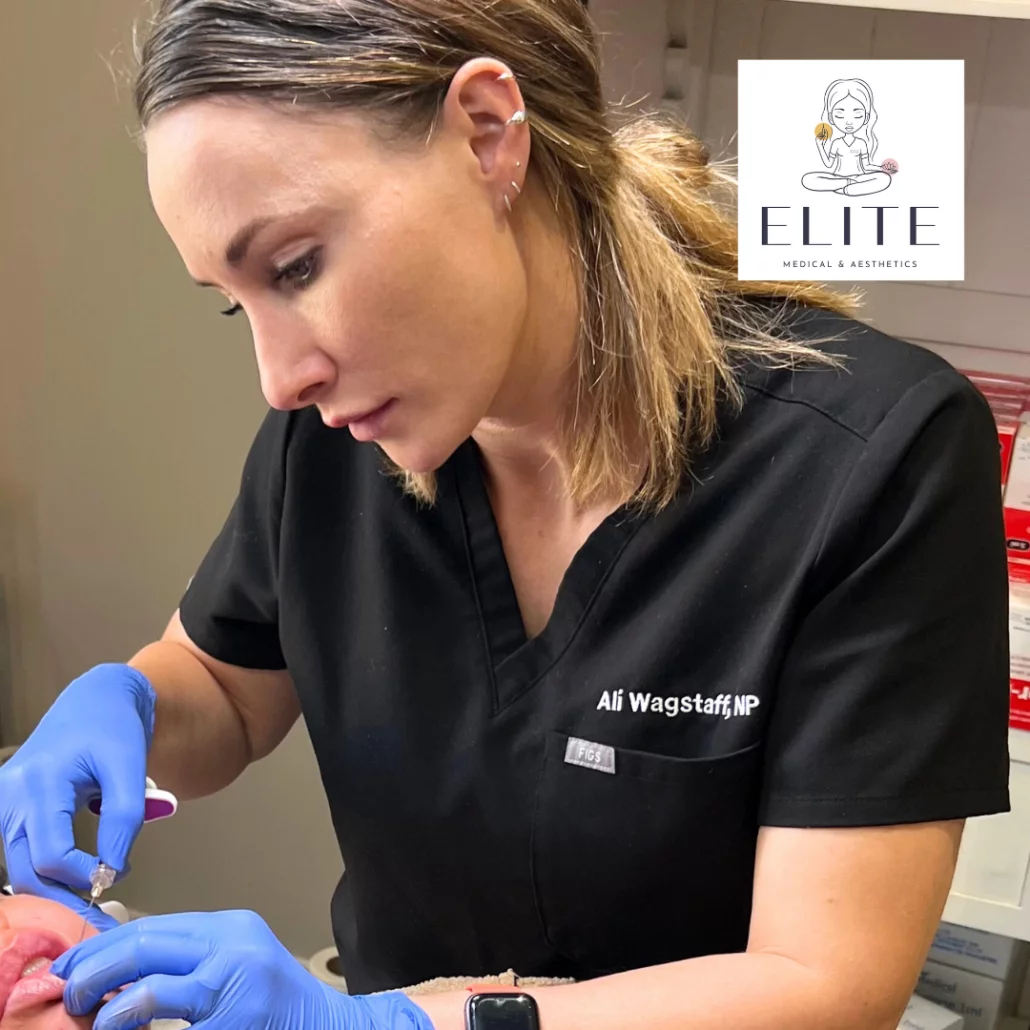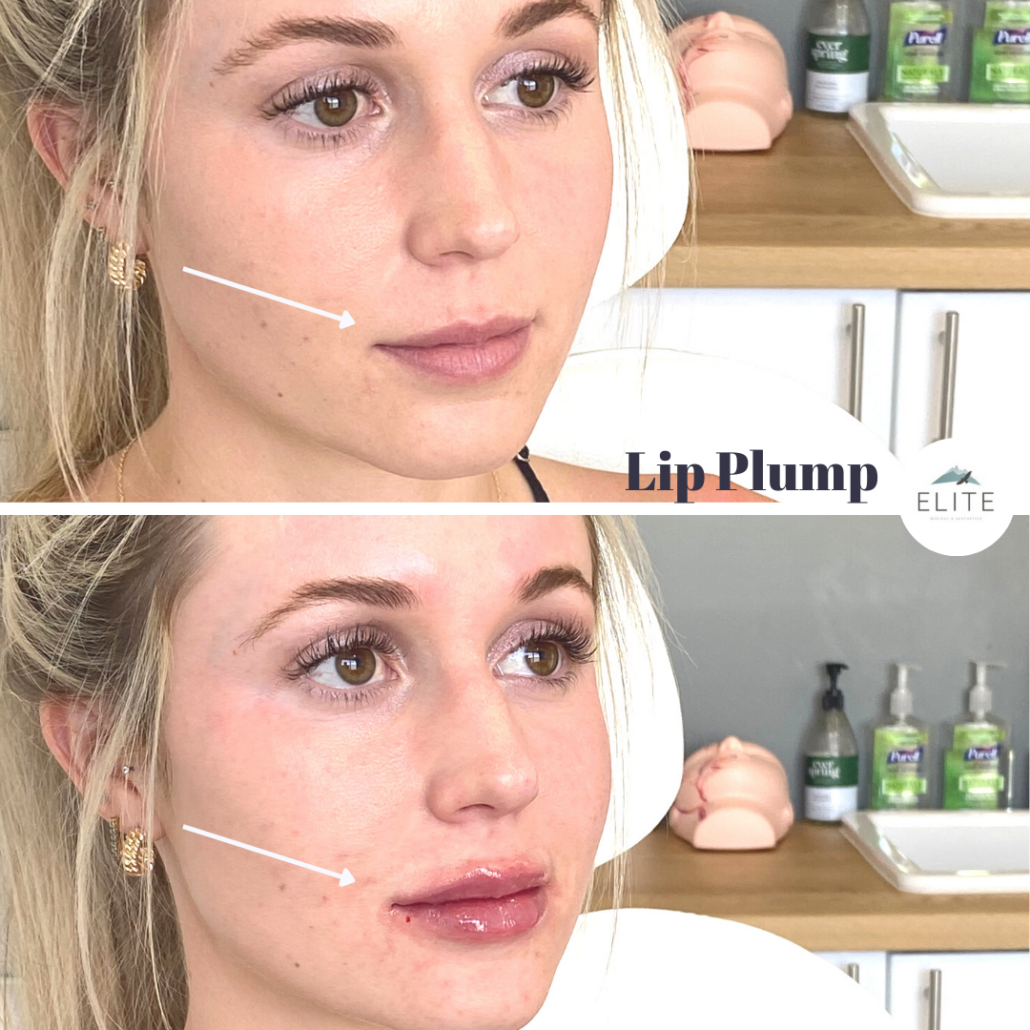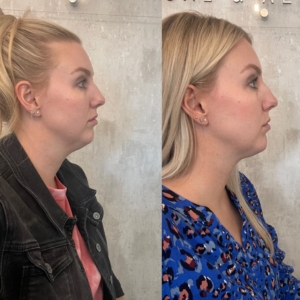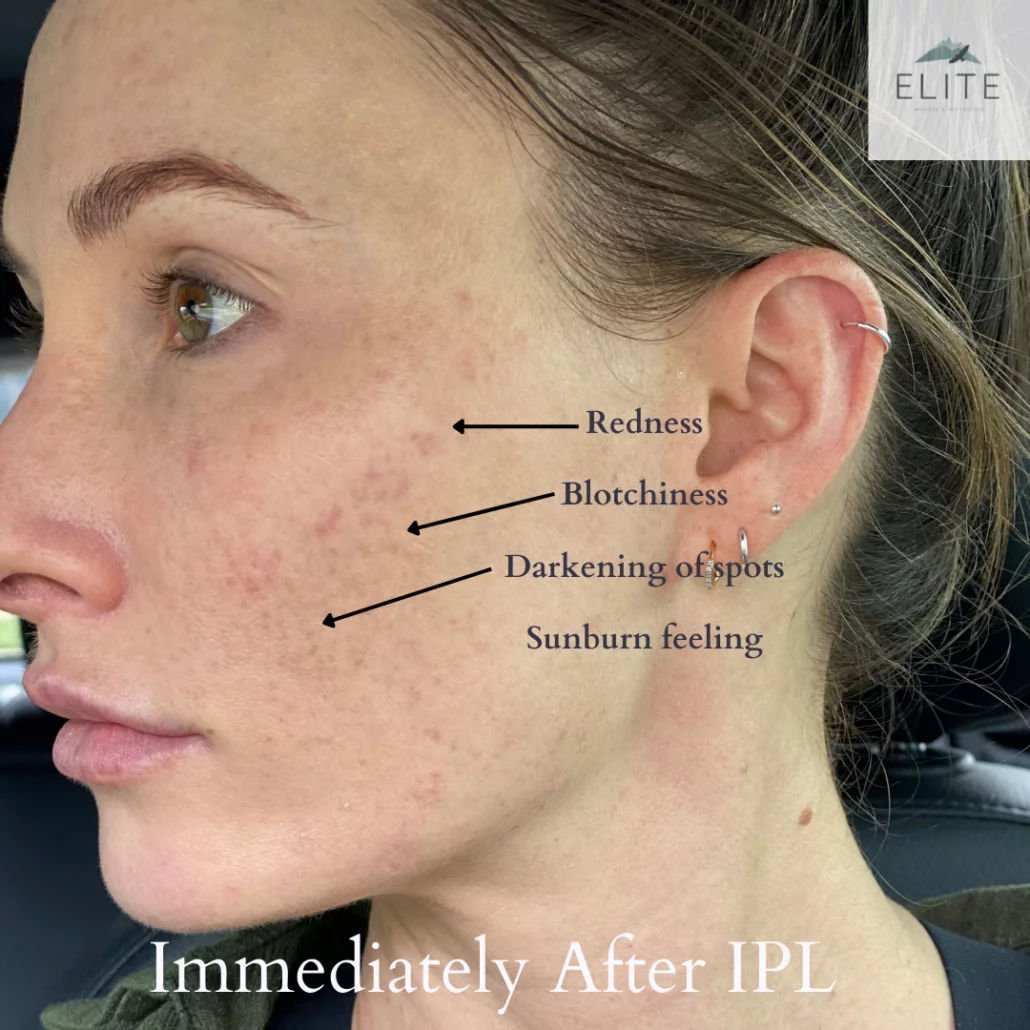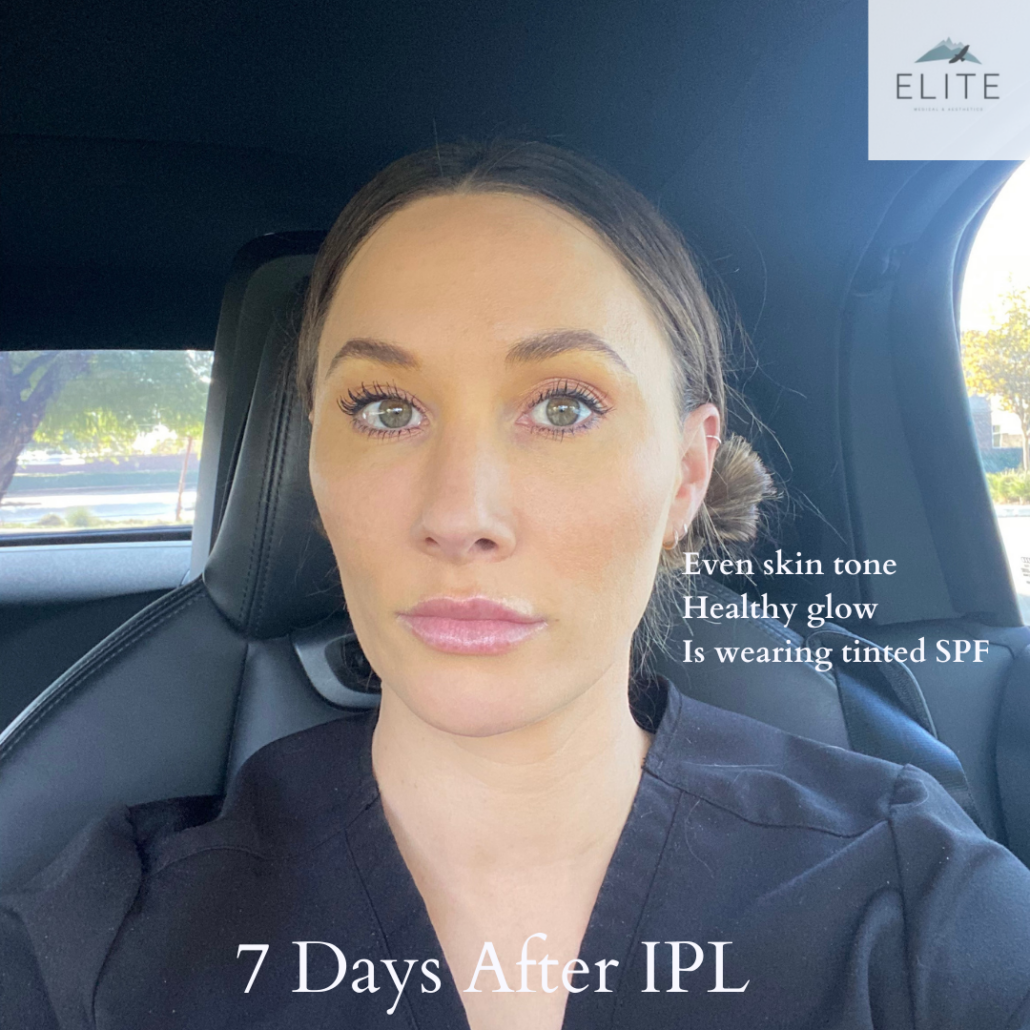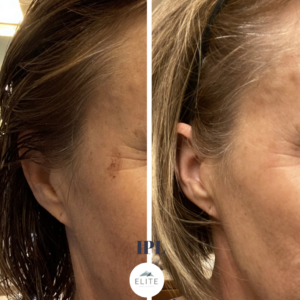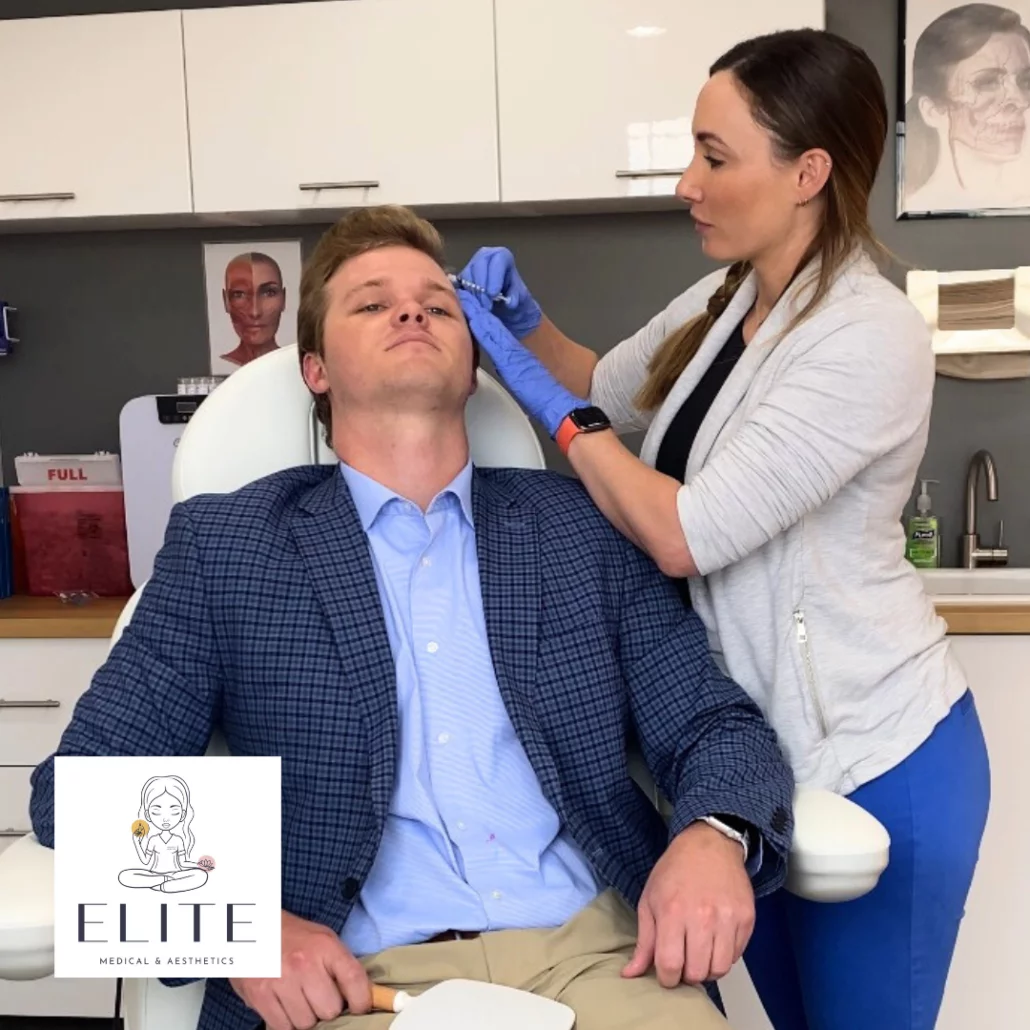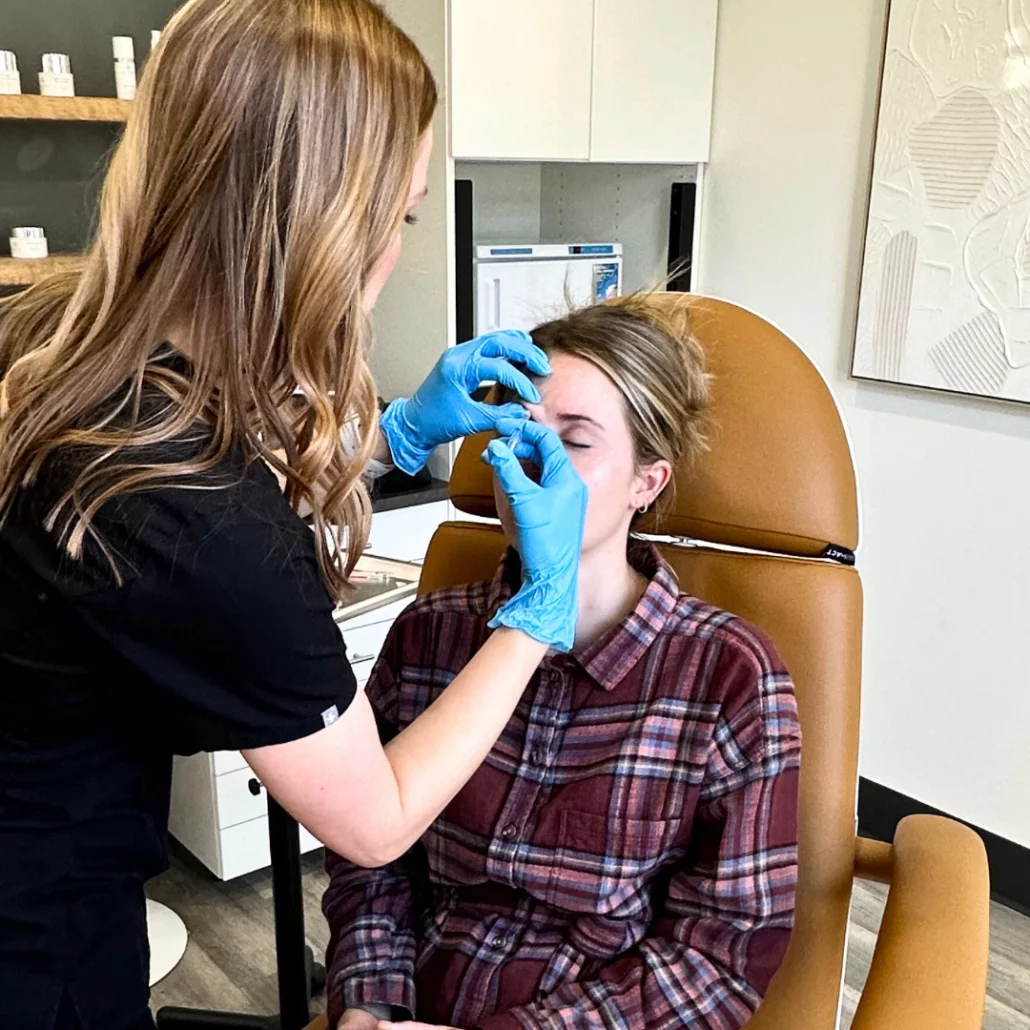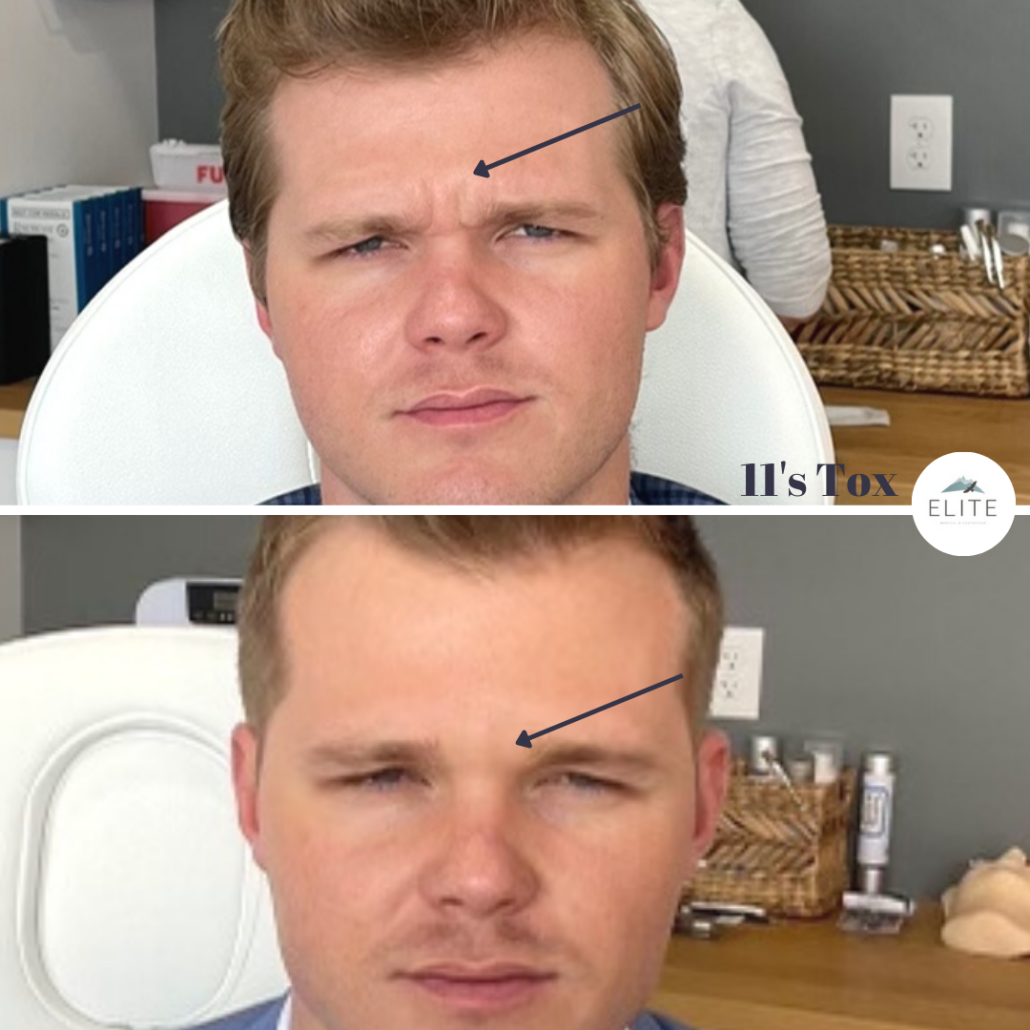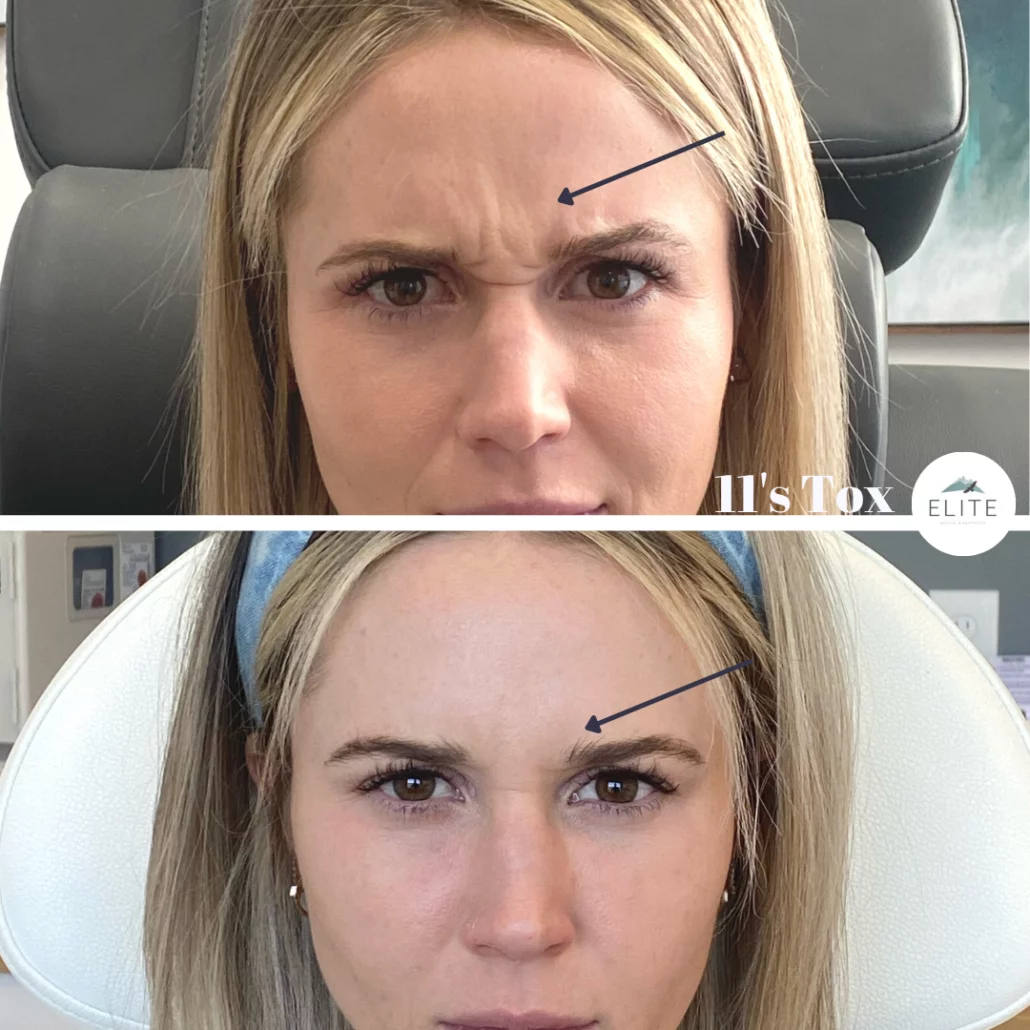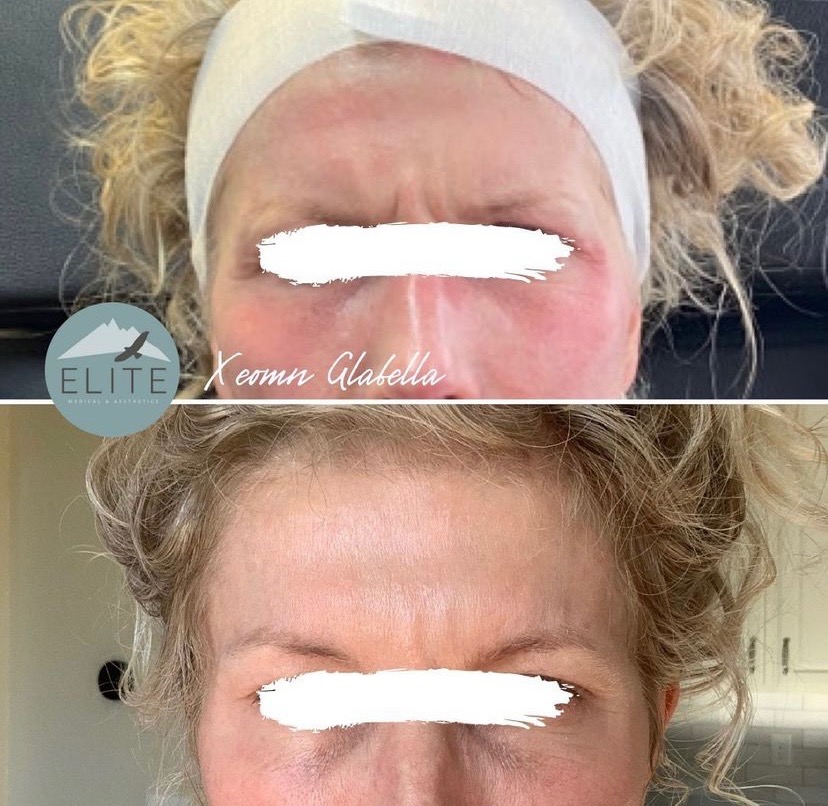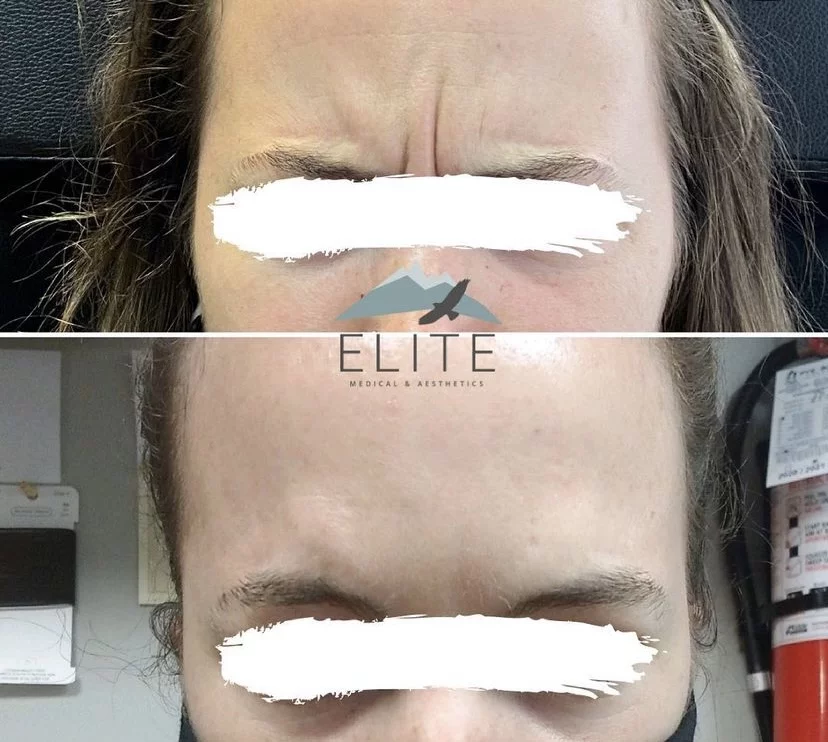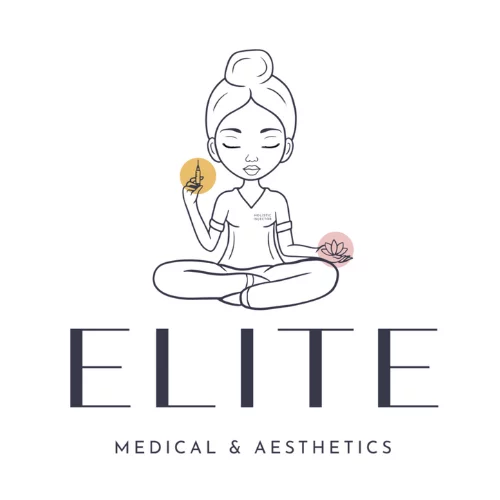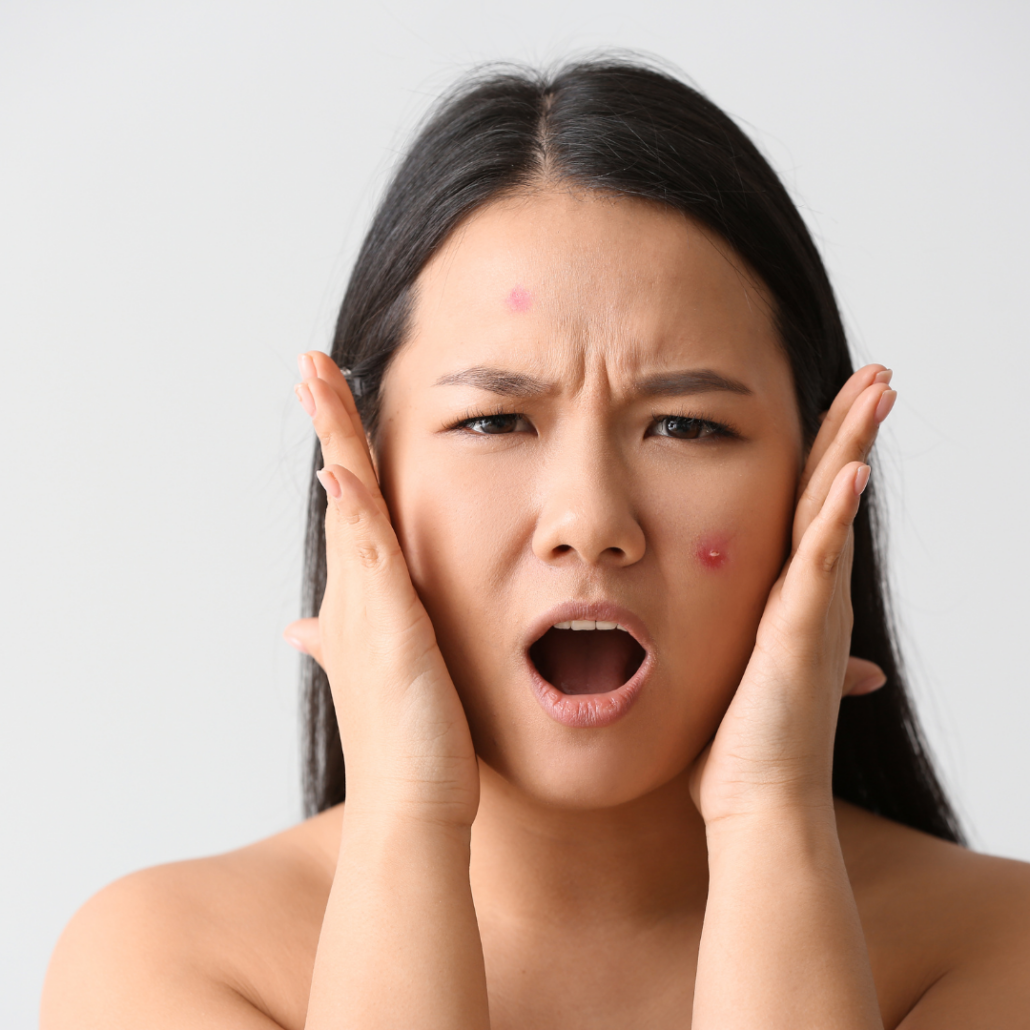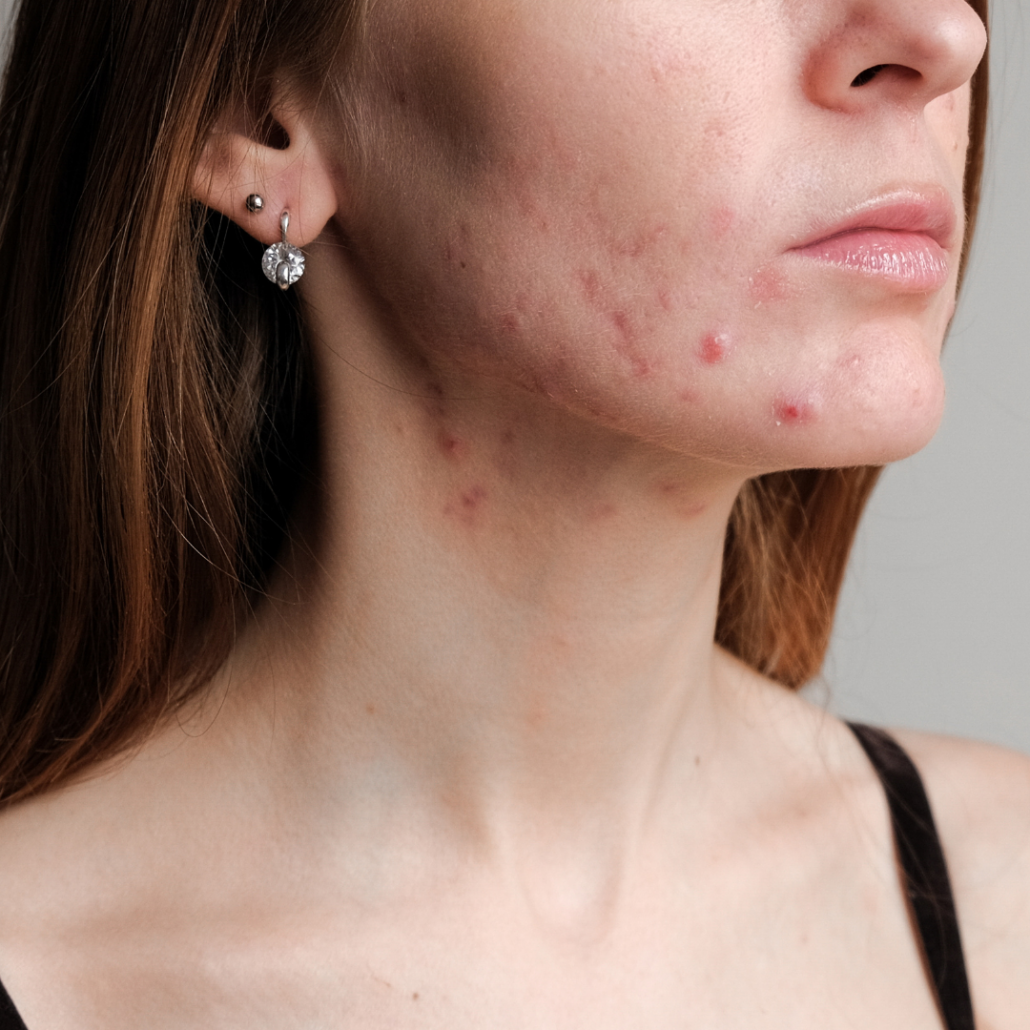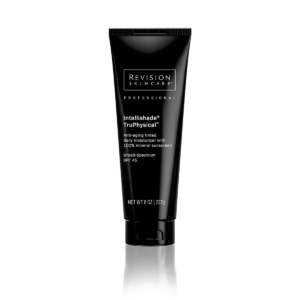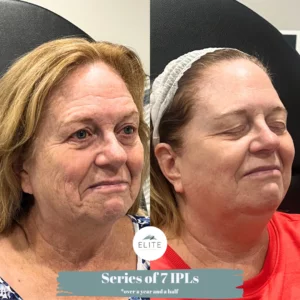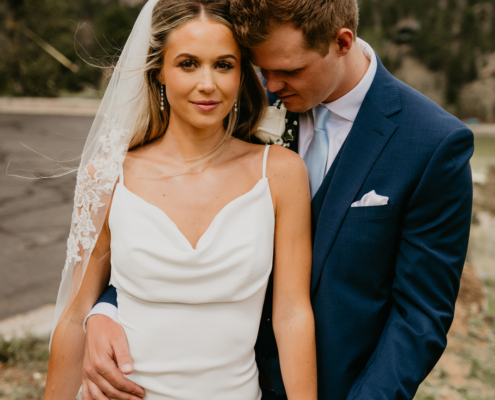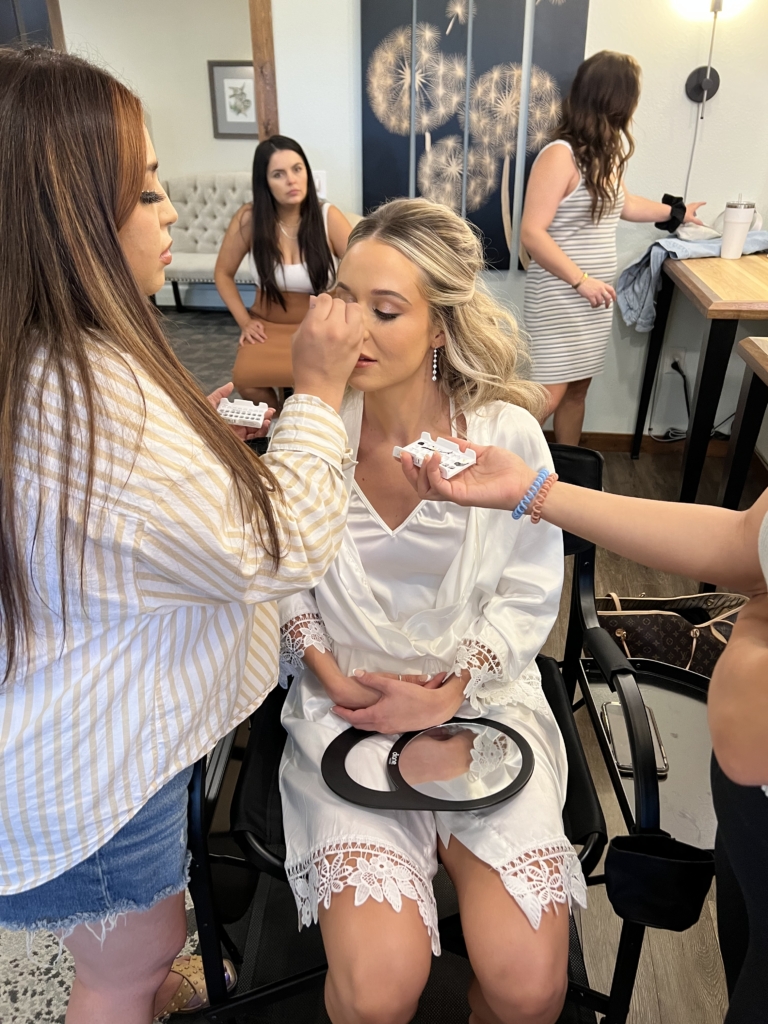Red Flags in Aesthetics
/in Botox, Facials and Peels, Fillers, Laser and IPL /by Mary Beth MartinIntroduction
When it comes to your face and getting aesthetic treatments, expectations for the injector and medical office should be set high. This is your face we are talking about here!
At Elite Medical and Aesthetics we are grateful to have a highly trained staff of all RN & NP injectors, with real medical backgrounds, and we know we are in good hands when we get procedures done for ourselves. But, if we were looking to have a procedure done elsewhere, there are definitely red flags 🚩 we would look out for.
We’re not just talking about the crazy situations like counterfeit Botox or people contracting HIV in clinics either, yes these happened in 2024! But also some stealth things to look out for.
In this post we will go over the Top 10 Red Flags in Aesthetics to be aware of to keep you safe, provide natural results, and maintain a happy and healthy client relationship.
Table of Contents
1. Prices are cheap:
If the price seems “too good to be true” it probably is. Quality aesthetic procedures are not cheap for many reasons such as: paying for authentic products, laser/IPL machinery, and for the licensed providers’ time. Not to mention the cost of additional supplies to do the procedure (syringes, gauze, alcohol, gloves, etc.), education to perform the procedure well, the actual office/office equipment, documentation software, support staff, licensing, insurance, high quality before and after care products provided, etc. Basically, it costs a lot of money to run a legit clinic and offer a legit service!
If the price of a treatment is super cheap or promoted on Groupon (talking injectables here and not a base treatment like a wax or facial), it should be an instant red flag! Typically if someone is offering a super cheap injectable service it is for one of these reasons:
- They are brand new and have been given free product to practice, so YOU are who they are going to practice on.
- They are using diluted products without telling you and just advertising a discount, i.e. charging you 1/2 price for a “syringe” of filler when half the syringe is actually mixed with saline (sadly we have seen “legit” clinics do this too 😢 )
- They are using FAKE products or reusing products or supples, i.e. counterfeit or foreign (not FDA approved) products, sharing syringes or supplies between clients
- They are treating their clients as just a numbers game, i.e. seeing as many clients as possible in the day rather than providing quality, individualized treatment. You can’t rush a great result 🙂 .
When it comes to aesthetic treatments and procedures you get what you pay for, and never settle to save money if it means risking your safety. Consider this equation for instance:
💰 Paid $300 for bad lip filler, had to pay $350 to have it dissolved then an additional $800 to be refilled= $1450 for lip filler rather than just paying the $575-800 the first time at Elite 💰
⭐️ Note- We’re not bashing clinicians that promote on Groupon with non-medical procedures or a base non-injectable treatment. It is when all prices are always bottom line, that you should be weary.
2. Places that over-fill or never say "no":
Medical spas and/or clinicians that never say “no” is an instant red flag for us. Dermal filler is lasting much longer than previously thought and it doesn’t always need to be touched up every X amount of months. We always assess our patient first in person before deciding if they could do more filler, especially in the lips where it’s a very delicate balance.
When clinicians keep filling no matter what it causes a “pillow face filler” look, where people just look puffy or distorted. Other trends such as “Russian lips” are also a red flag:
- First off, this aesthetic trends can actually be unsafe for a client if their anatomy cannot handle the large amount of filler being injected.
- Secondly, the filler looks great right after the injections, but when the client comes back in after a few months the filler is almost ALWAYS migrated and looks poor/over-filled. This then leads to having to get the filler completely dissolved or dissolved and corrected/re-filled.
Going to medical spa and/or an injector that is not afraid to say “no” is important, because they are the expert, and know what treatments will be best suited for you to keep you looking natural and like yourself.
💉 Also, just because an aesthetic treatment is “popular” or “trendy” does not mean it is going to provide lasting results, or is even safe for everyone. At Elite, our injectors have an artistic eye and ability to provide natural, balanced results for our clients.


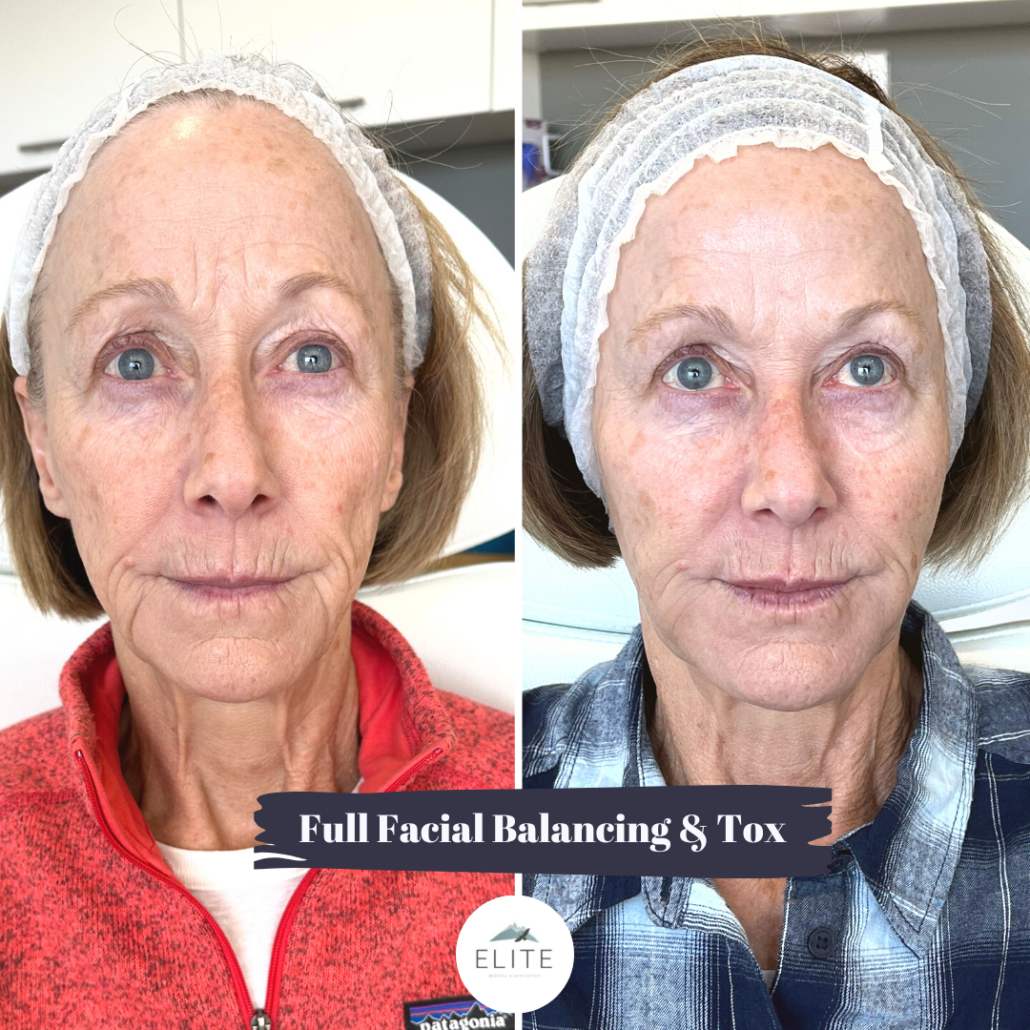
3. Injector looks over-done:
Before getting aesthetic treatments done, research your injector and look at their photos and the work they have done from their before and after images. Oftentimes we see that injectors who look over-done provide over-done results.
💉 If you are seeking a natural, balanced, and harmonized look make sure your injector looks that way too, and their approach to aesthetic treatments align with yours. We always recommend scheduling a consultation with the provider(s) you are interested in going to, to ask questions and get more familiar with them and their work. Below you will see pictures of our injectors and how natural their Tox, filler, and skincare treatments are. 💜

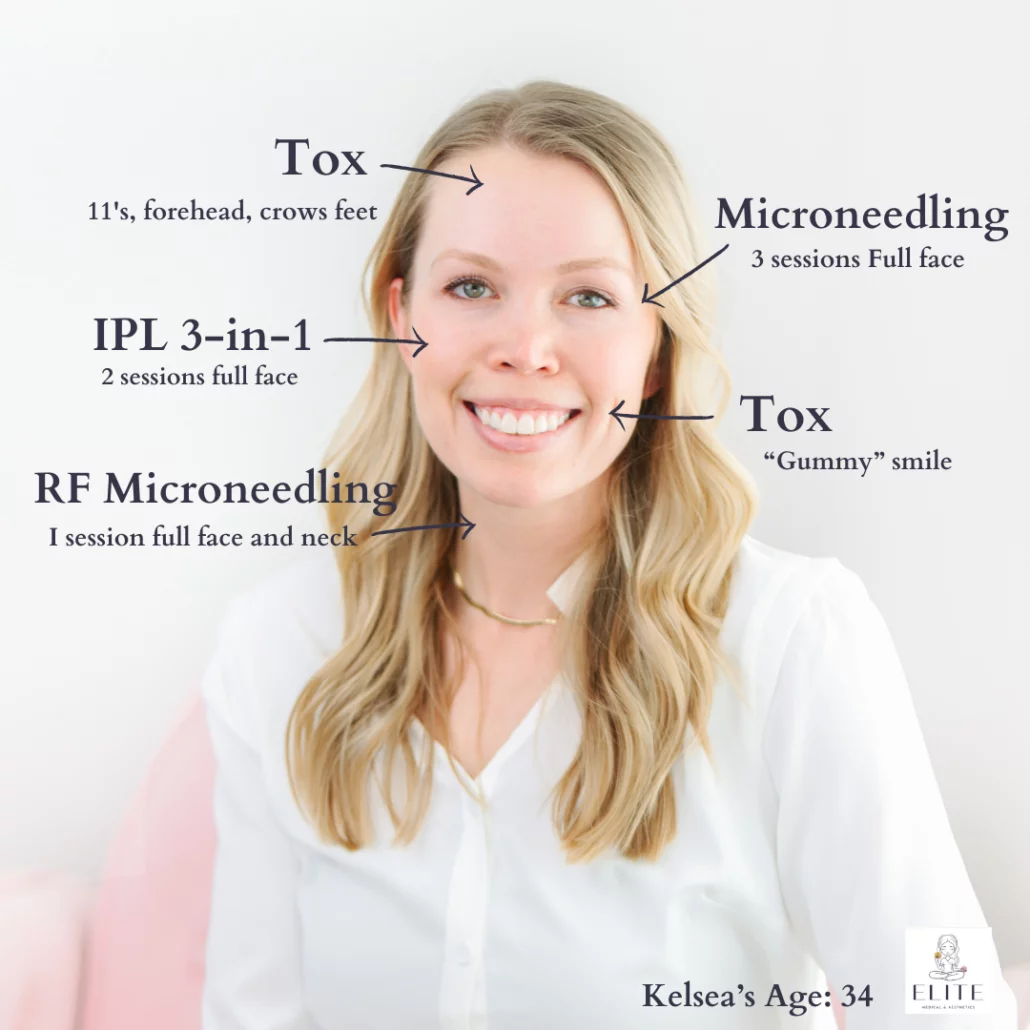
Reminder: It is a true art to look at someone and provide natural, balanced results that enhance their appearance rather than just injecting everyone the same. We are unique in the fact that all of our injectors have an artistic eye and always focus on facial harmony.
4. Appointment times are short:
If your appointment time seems short or feels rushed in any way, this is often a red flag! Aesthetic treatments take time, and you should feel taken care of the minute you walk in, until you are checked out. Over-booking and cramming schedules full of clients can lead to mistakes, poor treatment outcomes, and unhappy clients.
⏰ For each appointment there should be an appropriate amount of time for the following:
- Go over medical history & background
- Go through informed consent and any questions or concerns
- An explanation of the treatment and what to expect
- The actual treatment, itself (if applicable)
- Post care instruction explanation
- Walking you up to the front desk for check out and follow-up scheduling
Additionally, through these appointment times, our providers like to get to know our clients on a more personal level and build a relationship.
5. The injector has no medical credentials:
Injectors should not only have appropriate medical credentials, but also proper training/ continued research in their specialty. It varies per state, but there are also certain medical requirements/credentials required for providers to perform different aesthetic treatments, ESPECIALLY injectables and IPL/lasers. You can search these requirements and a providers licensing with your state’s regulatory department (CO is DORA).
💉 Additionally, there are always potential side effects/risks with any aesthetic treatment, so going to a provider who knows how to avoid these risks and what protocol to follow if there is an incident is crucial for your safety. Most medical spas will have their providers’ medical credentials listed on business cards, websites, and even framed in their rooms, but if you are ever unsure what credentials a provider has, don’t be afraid to ask them!
Also remember, clinicians that have a license to protect not only have education and training to (hopefully) not do something stupid like buy fake products or share needles (they know the risks!), but they are also held accountable by a licensing board and worked very hard to get it=will work very hard to protect it.
Example of investment for Ali, NP:
- 5 years of undergrad for Sports Medicine and Nursing degrees
- 2 years for dual NP program: FNP, AGACNP
- 1 year aesthetics fellowship
- Hundreds of thousands of dollars invested in education, licensing, and training to get to be a NP injector and business owner.

At Elite, you can find our providers’ medical degrees hung on the walls in their treatment rooms, listed on our website bio’s, and on their business cards
6. Constantly pushing procedures or acting "salesy":
If you ever feel pressured to buy products or procedures at a medical spa, this can be a red flag! The staff members at medical spas should have your best interest at heart and suggest the treatments and products that are beneficial for your individual needs. If you feel anyone is acting “salesy” or “pushy” they could potentially be trying to:
- Meet commission goals
- Push product that isn’t selling
- Or have other ultimatums that do not benefit you, but benefits them
💰 At Elite, our providers and staff are non-commissioned. By doing this, it mitigates any pressure for our staff to “make sales” and lets them truly talk to clients and build a treatment plan that is going to help them achieve their goals.
*Note: This is not to say that automatically commission-based medical spas are a red flag, but to just be aware of this type of behavior in general.
7. Inability to answer basic medical questions or explain how they respond to emergencies:
If an injector/provider has a hard time answering basic medical questions that you have about a procedure or product, this should be a major red flag! If they are overly offended by what you read on Google this is a red flag as well. Providers that have appropriate schooling, licensing, training, and do continued research on each treatment that they offer, should be confident to answer any of your questions or concerns, no matter where they came from.
Informed consent is also a legal REQUIREMENT before any medical procedure in order to inform you on: risks, side effects, expectations, benefits, and any other medical questions that may arise. Additionally, each procedure/treatment should have a protocol for any emergency that may be possible for the treatment, and the provider should know exactly what steps to take if this occurs. So don’t be afraid to ask them!
💉 Remember, aesthetic treatments are elective, but they are still medical procedures and should always be treated as such.
8. Lack of communication & follow-up:
Communication is key for a successful and trusting relationship, and this goes for your relationship with a medical spa and/or injector. Most conflicts arise from lack of communication or follow up, and at Elite, we have set protocols to ensure our clients are taken care of, feel heard, and are valued.
Important forms of communication and follow up may include:
- Friendly and helpful conversations with all staff members at the office
- Reminder texts/emails/calls before your appointment
- Easily getting ahold of the medical office during operating hours (and a way to get ahold of someone if there is ever an emergency during closed hours)
- Feeling comfortable to share information, ask questions, and share any concerns with your injector
- 24 hour post filler injectable follow up/check in
- 1 week follow up with all treatments
- Access to scheduling and booking a follow up appointment/any appointment desired (online booking, texting, or calling)
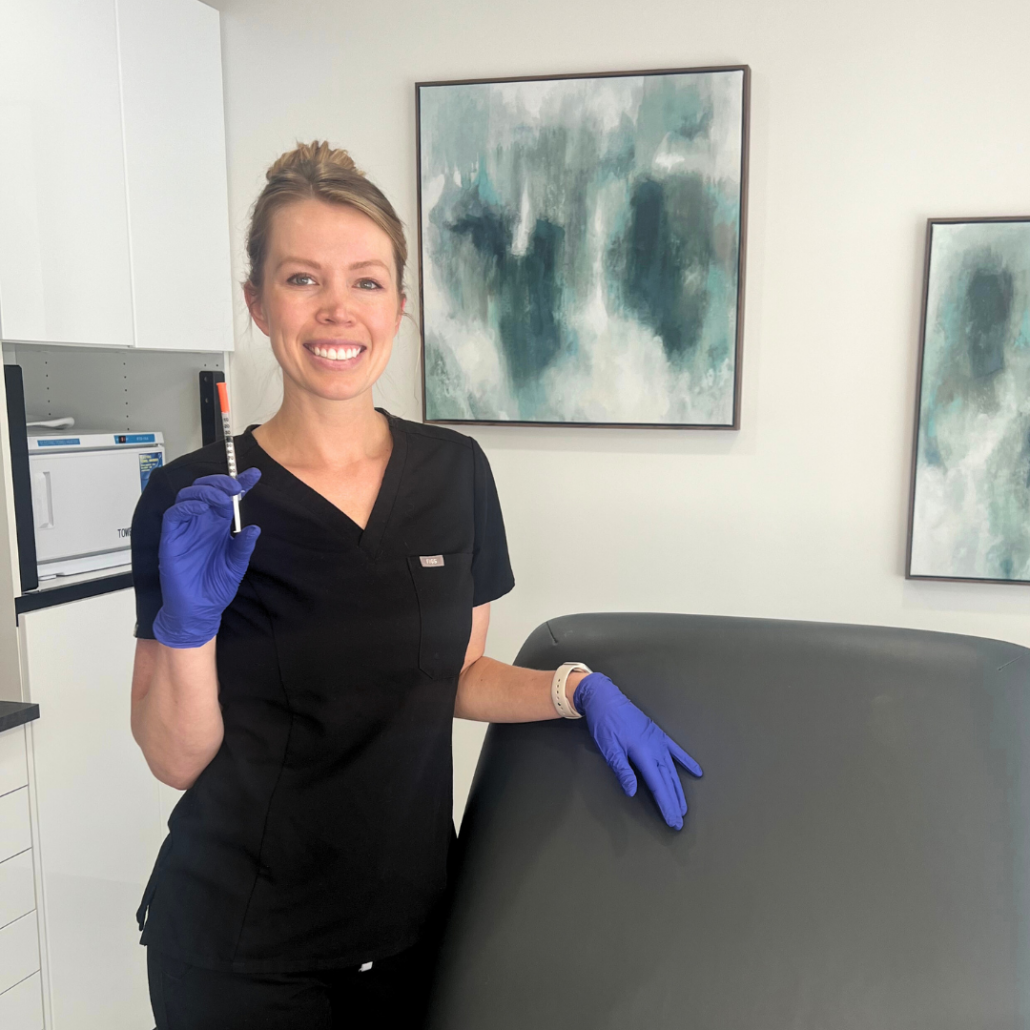
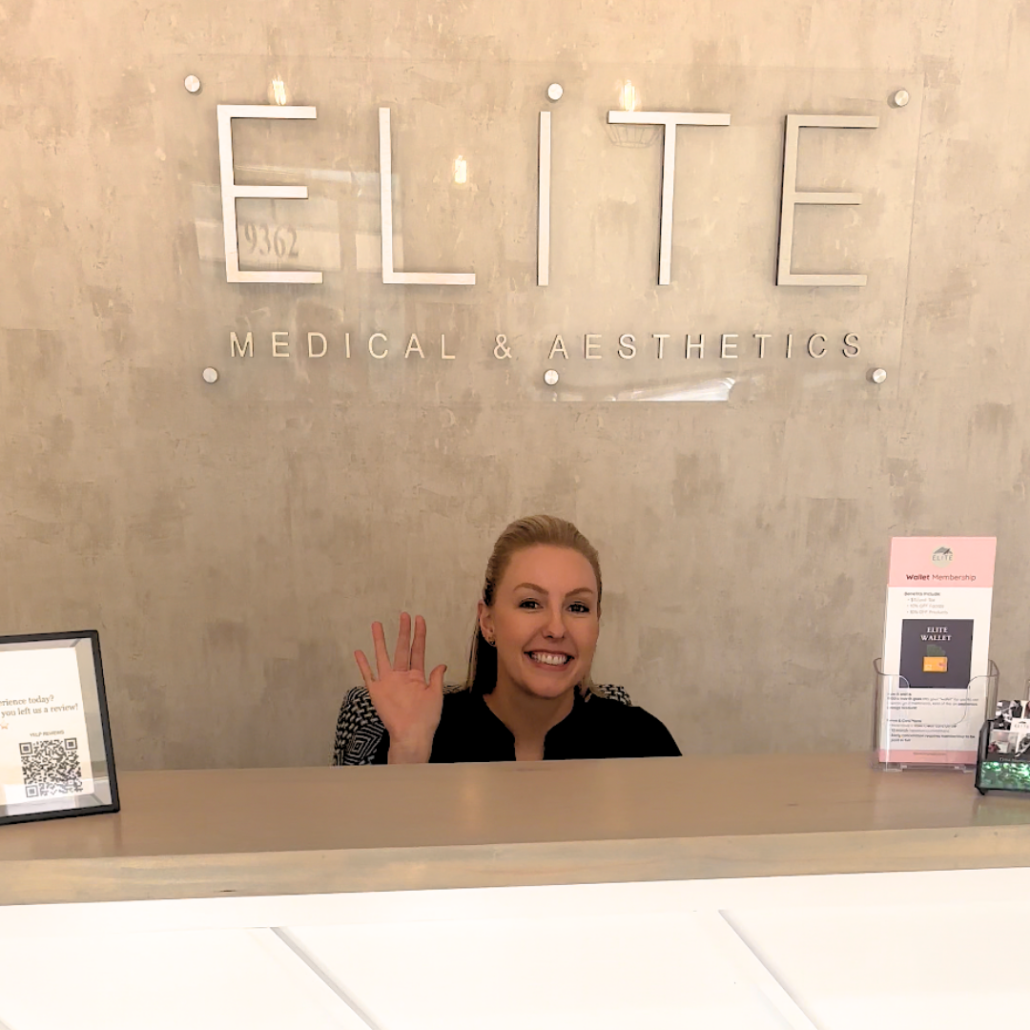

9. They only offer products that they profit the most on, as opposed to the best product fit for the patient:
It is common to see medical spas bragging about “being the top account” for certain big pharma companies, and while this does show they do a lot of procedures, it also shows they have bias (in our humble opinion). This is because they typically either, a. work for that company, or b. order such high quantities of products from that company that they get a discount. This is a problem for us personally for 2 reasons:
- It’s hard to stay objective when you work for the company that is providing you with all of the training and data. Ali, NP has gone down the rabbit hole on studies provided by pharma companies and has found big conflicts of interest, i.e. the company that provided the study also paid for the study and there are objective 3rd party studies with the exact opposite findings
- When clinicians receive huge discounts to order just one brand of products, they are often pigeon holed into using that one brand of product, regardless if it is the best fit of safest for the client.
At Elite, we stay objective to “big pharma” companies and offer the safest products to our clients.
👇 Here’s 4 reasons why this is important to us, and why it should be important to you, too 👇
- We only use the safest products based on research, NOT marketing or how the company can benefit from us and our product sales. Thus, we do not participate in the big pharma reward programs (that are collecting you data btw). See below for more info on our in-house loyalty programs and membership options.
- We do not offer products/procedures based off of a brand name. A popular brand name does not mean it is the safest or best suited for individual clients.
- We train on, research in depth, and try all products/treatments on ourselves before offering it to our clients. This ensures that products meet our high safety profile and cleaner, less-toxic standards.
- Our providers believe that each client should be treated differently, and this does require different products! Ali, NP has declined being a trainer for any pharma companies to remain true to her morals and ethics.
Learn more about Elite Medical & Aesthetics’s values below:
10.injectors don't follow basic sanitary protocols:
We have seen on social media and, in many in person trainings unfortunately, many providers/injectors fail to follow basic sanitary protocols during procedures. This may include examples like:
- The provider does not wash their hands or sanitize their hands before starting the procedure
- The provider does not wear gloves or doesn’t change them if they touch something unsanitary (usually their face, phone or a door handle)
- Hair is down and flowing into the area they are injecting filler (contaminates area)
- Provider does not sanitize/prep the client’s skin before a treatment, i.e. injecting them through their make-up instead of cleaning first
- Provider touches the needle when injecting or cleans it on gauze
- Not sanitizing their chair/tray between clients
- Bulky/hanging jewelry that is touching the client’s skin (contaminates area)
While some of these examples may seem to be “nit-picky”, they are really important, basic sanitary protocols that should be taken seriously during every procedure to prevent risk of infection.
Conclusion:

Overall, if you are going to do aesthetic treatments, make sure the medical spa and their providers align with your views, prioritize your safety, and make you feel comfortable and well taken care of.
If any of these red flags 🚩 seem to be occurring and make you question your care, it is never too late to make a switch!
Elite Medical & Aesthetics is a premier med spa located in Lone Tree, CO that takes a holistic approach to natural results. We pride ourselves in having an all nursing staff of NP’s that put safety as #1 priority.

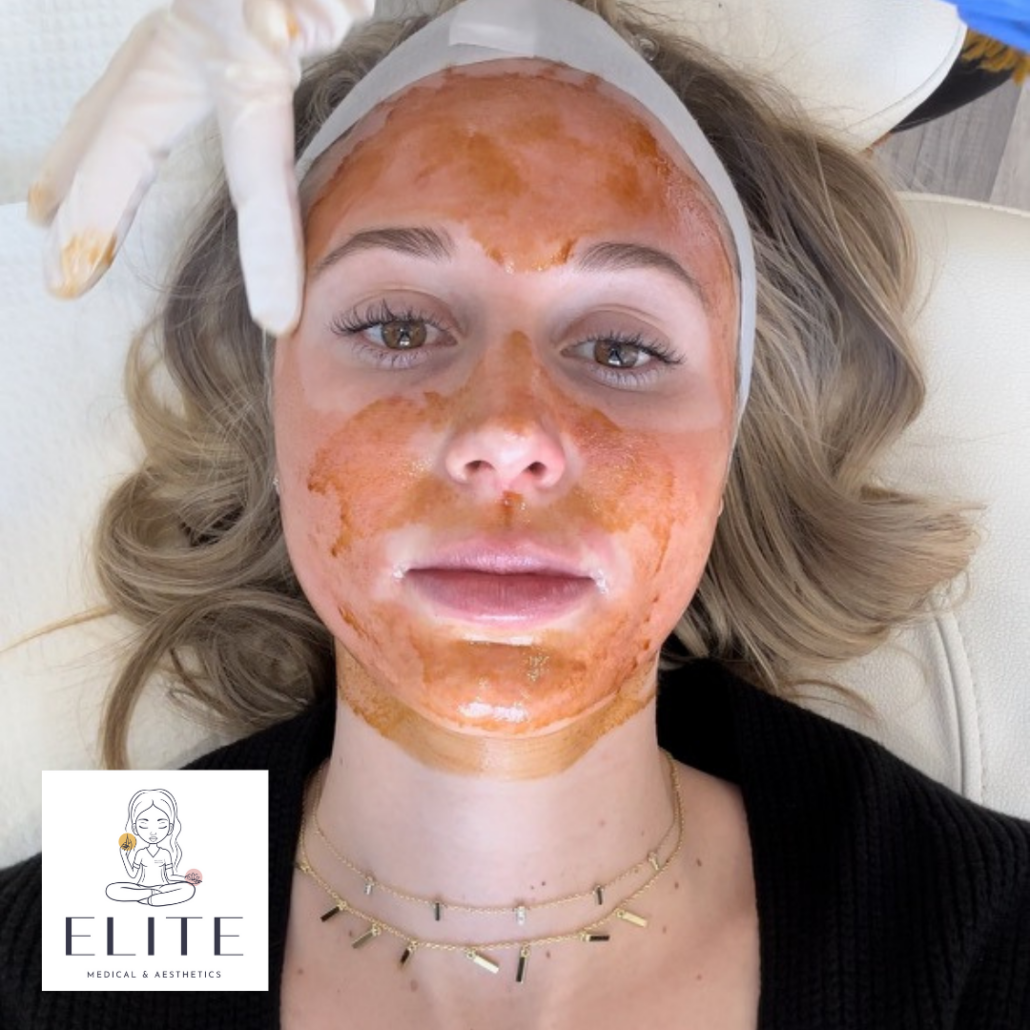
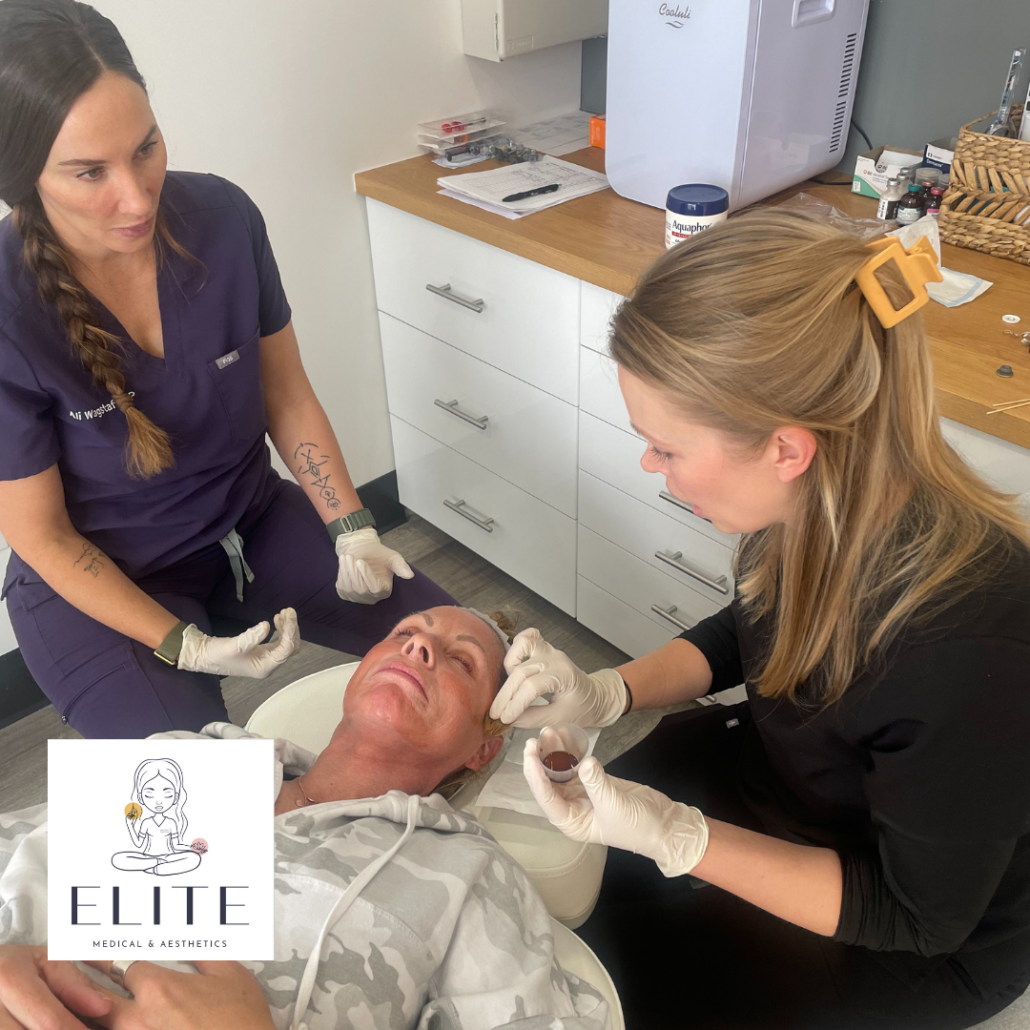
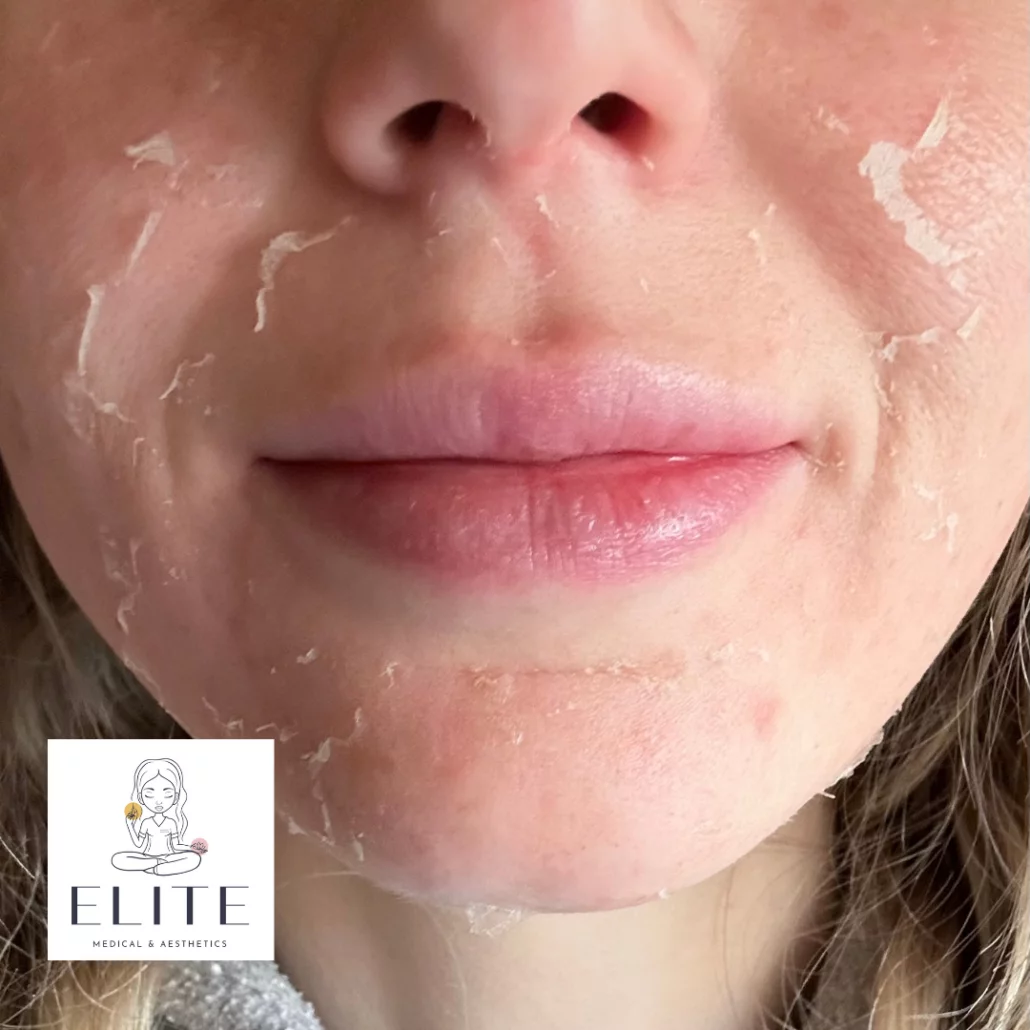
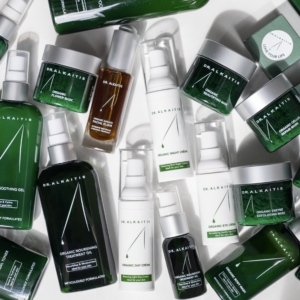
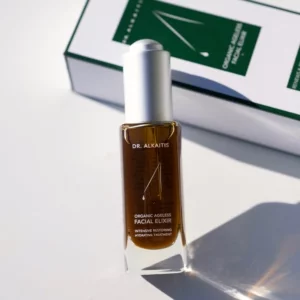
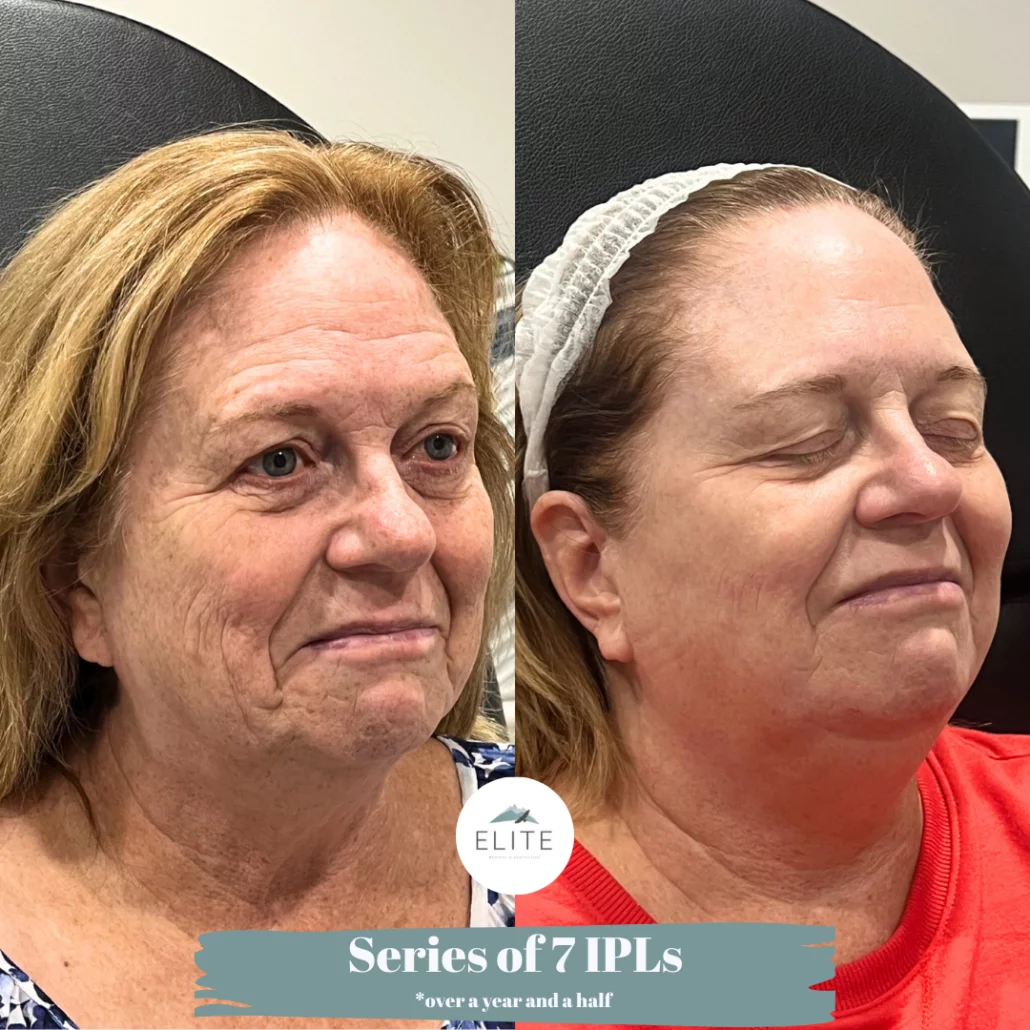
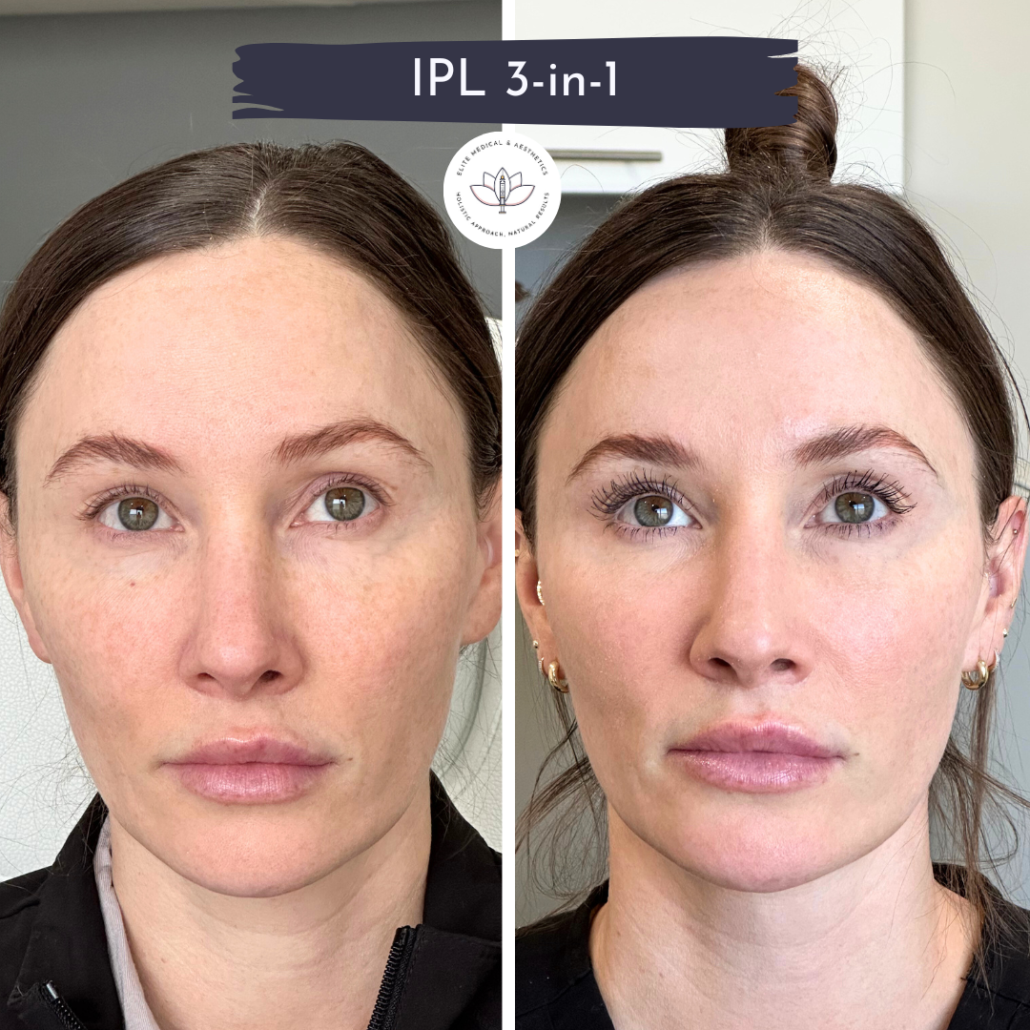
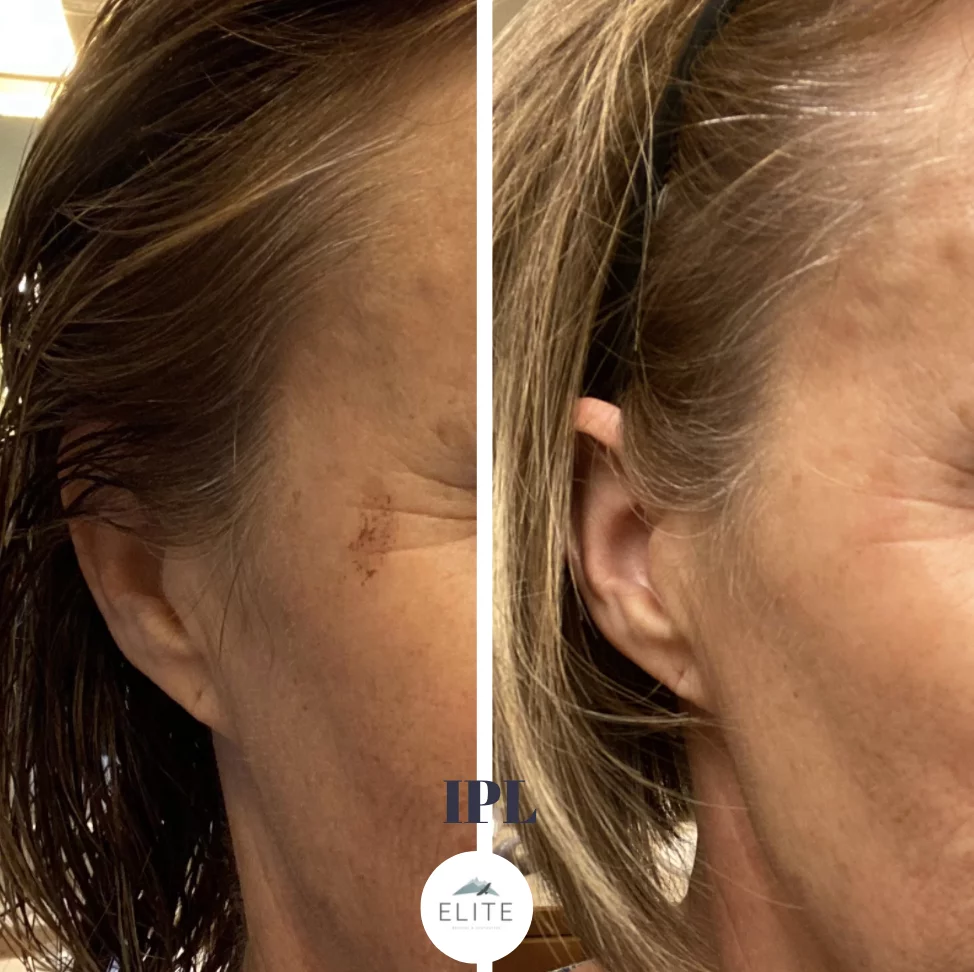
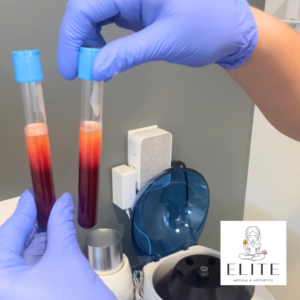
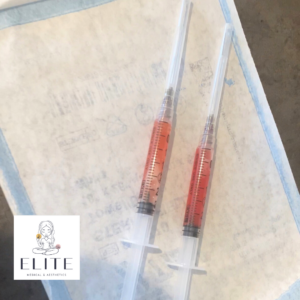
 . In special circumstances, and with OBGYN/Midwife clearance, we will discuss the treatment with you but may still recommend against it.
. In special circumstances, and with OBGYN/Midwife clearance, we will discuss the treatment with you but may still recommend against it. 

 Although lidocaine is considered a safe drug during pregnancy, it is still a medication that was once used for cardiac reasons and it can effect blood pressure, making some pregnant women sensitive to it. It is best to avoid using any unnecessary medication (topical or internal) during pregnancy. A full drug dictionary definition is provided below
Although lidocaine is considered a safe drug during pregnancy, it is still a medication that was once used for cardiac reasons and it can effect blood pressure, making some pregnant women sensitive to it. It is best to avoid using any unnecessary medication (topical or internal) during pregnancy. A full drug dictionary definition is provided below 
